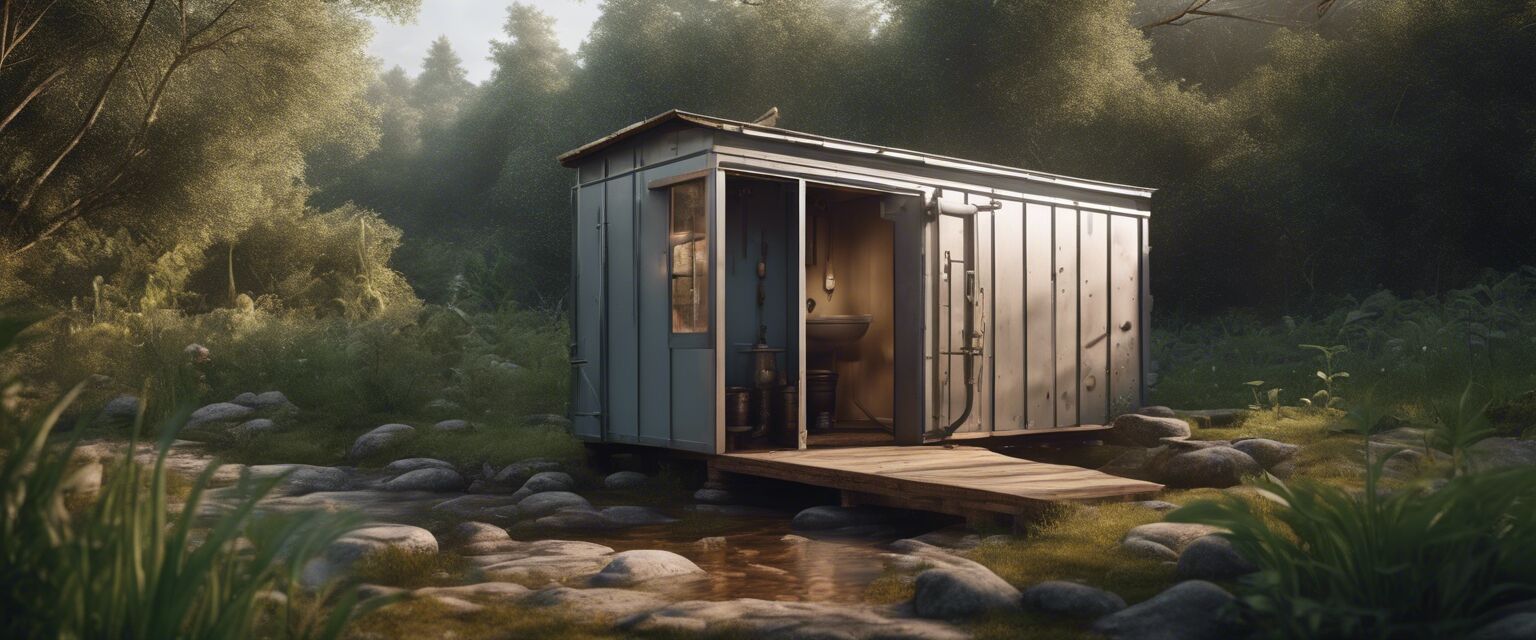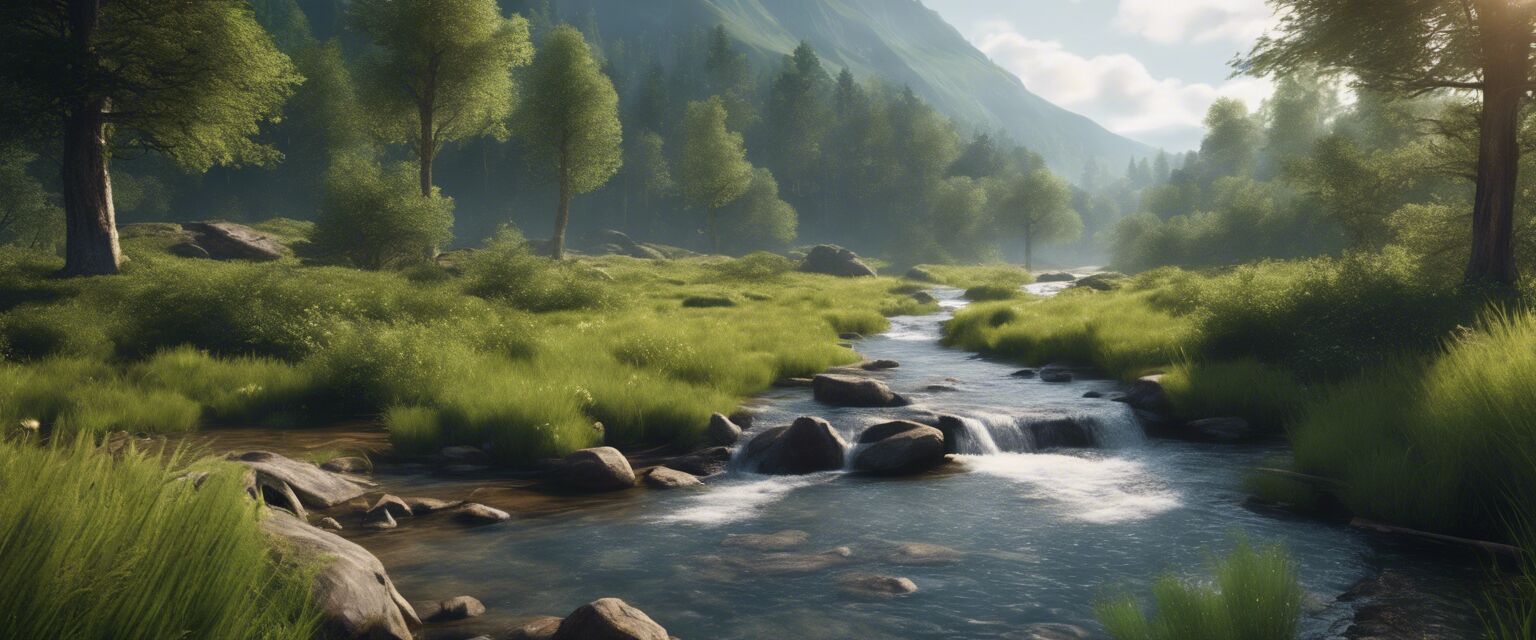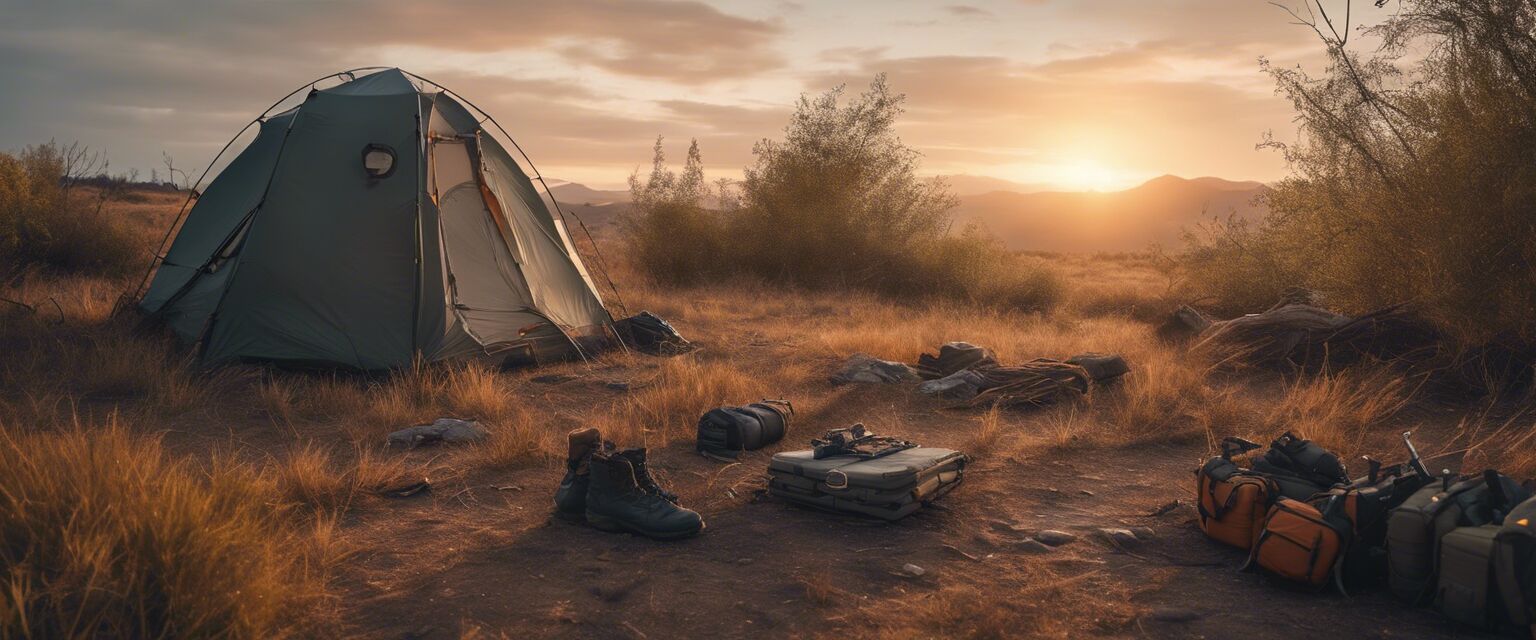
Hunting and Fishing Techniques
- Understand the essential tools for hunting and fishing.
- Learn various techniques for different environments.
- Explore safety and ethical considerations.
- Discover tips for successful foraging in the wild.
In the world of survival living off-grid, hunting and fishing are vital skills for procuring food. Whether you are in a densely wooded area or near a serene lake, understanding effective techniques can significantly improve your chances of success. This guide will explore various methods, tools, and best practices to help you thrive in your off-grid lifestyle.
Essential Tools for Hunting and Fishing
Before heading out, it's crucial to gather the right tools. Below is a table of essential items for both hunting and fishing.
| Activity | Essential Tools |
|---|---|
| Hunting | Rifle/Bow, Ammunition, Knife, Binoculars, Game Call |
| Fishing | Fishing Rod, Reel, Tackle Box, Bait, Fishing Net |
Hunting Techniques
Hunting requires a strategic approach that takes into account the environment, animal behavior, and the tools at your disposal. Here are some effective hunting techniques:
- Stalking: This involves quietly moving through the environment to get close to your target.
- Ambush: Setting up in a location where animals frequently pass.
- Tracking: Following animal tracks to locate them.
- Calling: Using sounds to attract animals to your location.
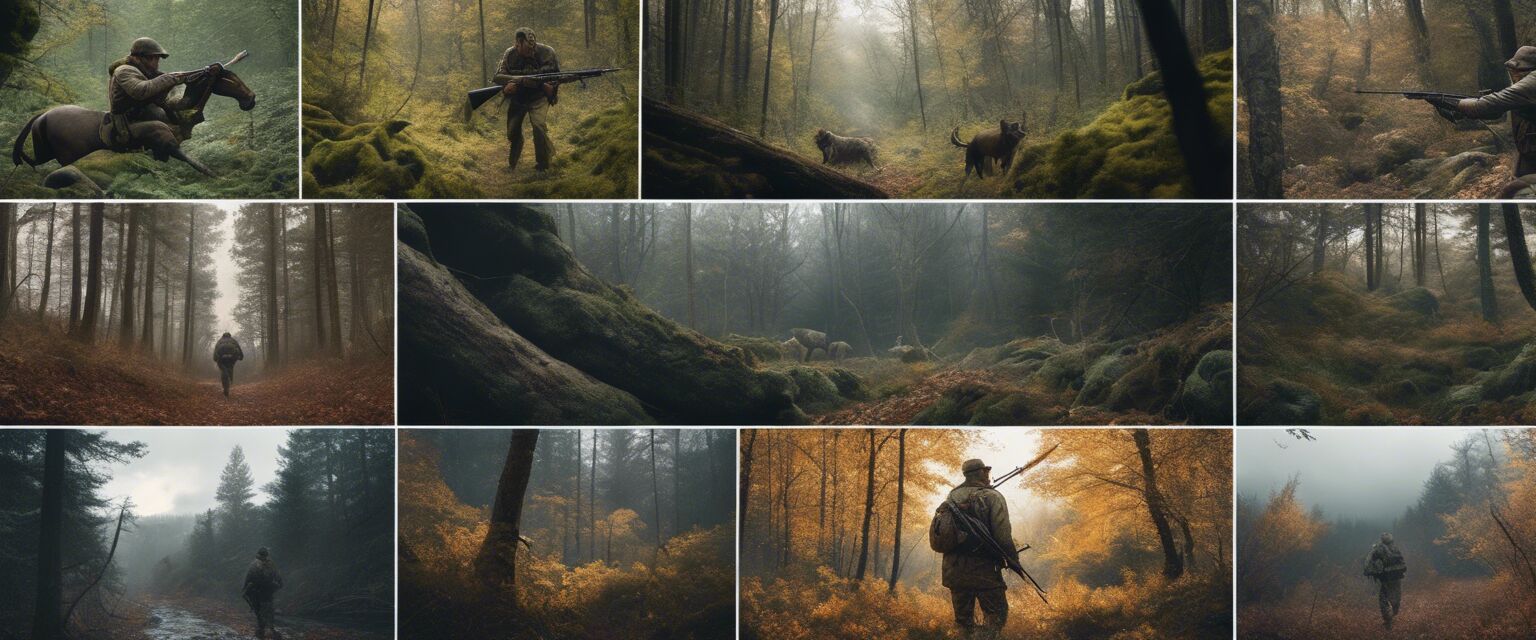
Safety and Ethical Considerations
Practicing safety and ethics in hunting is essential. Always wear appropriate gear, such as blaze orange, to stay visible. Follow local regulations and only hunt what you need.
Fishing Techniques
Fishing can be both relaxing and rewarding. Here are some popular techniques to enhance your fishing experience:
- Fly Fishing: Using artificial flies to catch fish, often in rivers and streams.
- Baitcasting: Casting baited hooks to attract fish.
- Trolling: Pulling bait behind a moving boat.
- Ice Fishing: Fishing through holes in frozen water bodies.
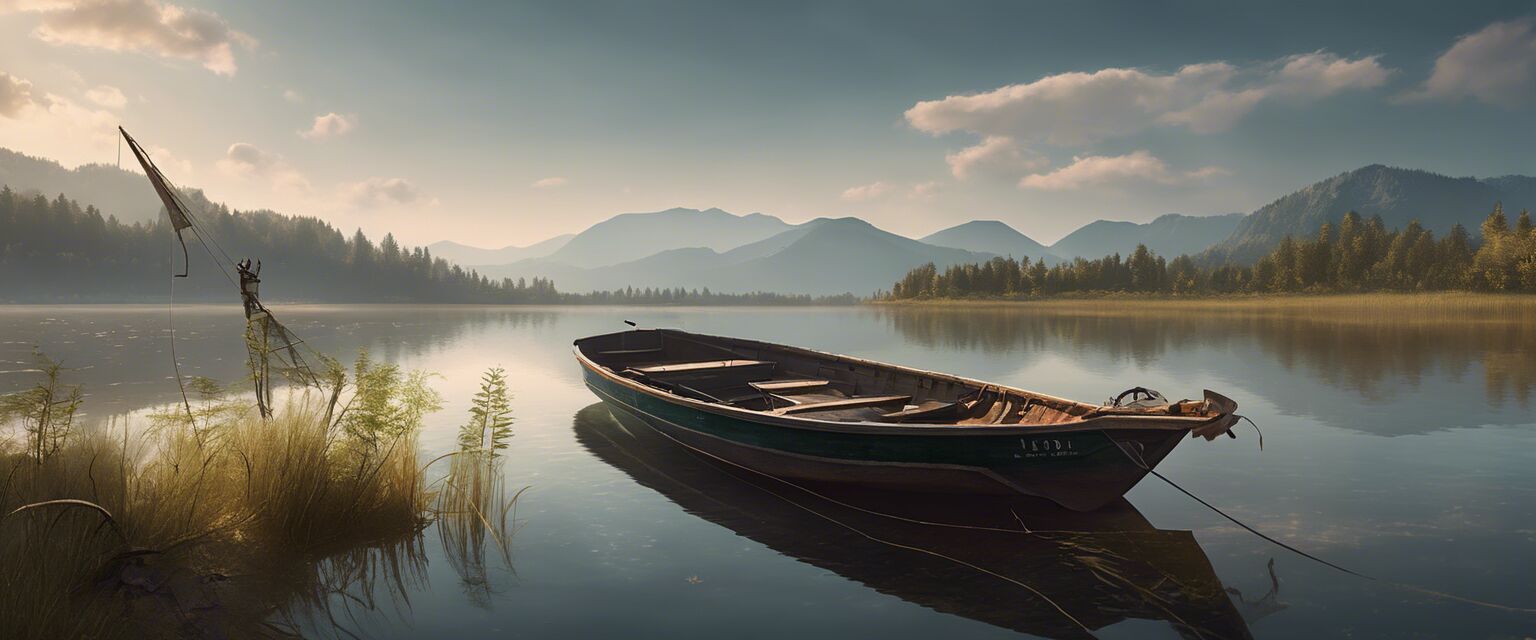
Choosing the Right Bait
Selecting the right bait can make a significant difference in your fishing success. Here are some common types:
| Bait Type | Best For |
|---|---|
| Worms | Freshwater fish |
| minnows | Predatory fish |
| Artificial Lures | Various fish species |
| Insects | Trout and panfish |
Foraging for Food
While hunting and fishing are effective methods for obtaining food, foraging can also supplement your diet. Here are some tips for successful foraging:
Beginnerâs Foraging Tips
- Learn to identify edible plants in your area.
- Start with common plants like dandelions and clover.
- Use a field guide for plant identification.
- Always be cautious and avoid plants you are unsure about.

Conclusion
Mastering hunting and fishing techniques can significantly enhance your off-grid living experience. By understanding the essential tools, techniques, and ethical considerations, you can increase your chances of success in procuring food. Moreover, incorporating foraging can provide additional sustenance in your survival journey. Embrace the skills of hunting and fishing, and enjoy the great outdoors!
Pros
- Self-sufficiency in food procurement.
- Connection with nature and outdoor skills.
- Cost-effective compared to buying food.
Cons
- Requires knowledge and practice to be effective.
- Can be time-consuming.
- Weather and environmental factors can affect success.
For more information on related topics, check out our guides on Wilderness Survival Skills, Off-Grid Tools and Equipment, Food Preservation, Homesteading, and Sustainable Energy.



